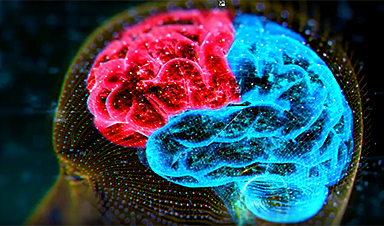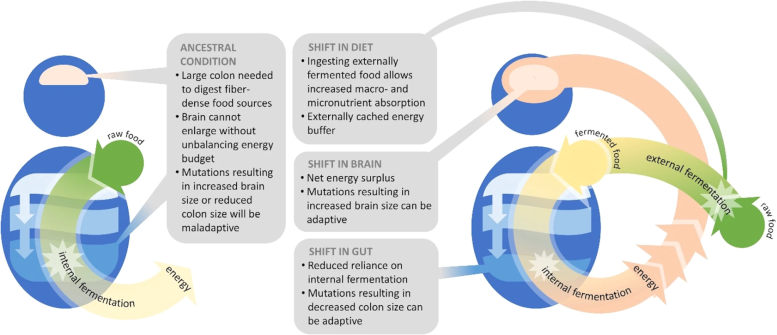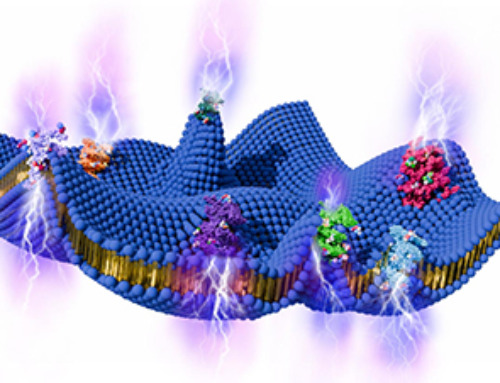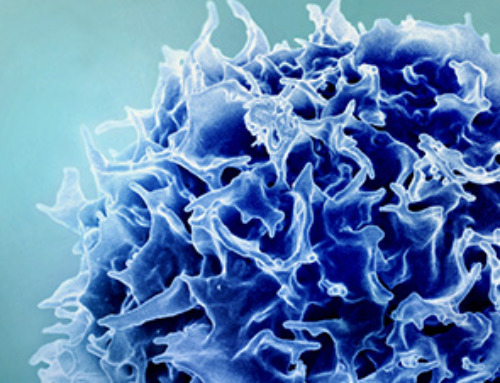The study hypothesizes that 'pre-digested' foods contributed to the development of larger brains.
The large, capable human brain is a marvel of evolution, but how it evolved from a smaller primate brain into the creative, complex organ of today is a mystery. Scientists can pinpoint when our evolutionary ancestors evolved larger brains, which roughly tripled in size as human ancestors evolved from the bipedal primates known as Australopithecines.
But why it happened when it did – what spurred that change – has remained elusive. While some have theorized that the use of fire, and the subsequent invention of cooking, gave our ancestors enough nourishment for our larger-brained ancestors to become dominant, a new theory points to a different spark: fermentation.
The Role of Diet in Brain Evolution
The key to understanding how our brains grew is most likely rooted in what – and how – we eat, said Erin Hecht, one of the authors of the study which was recently published in Nature Communications Biology.
"Brain tissue is metabolically expensive," said the Human Evolutionary Biology assistant professor. "It requires a lot of calories to keep it running, and in most animals, having enough energy just to survive is a constant problem." For larger-brained Australopiths to survive, therefore, something must have changed in their diet. Theories put forward have included changes in what these human ancestors consumed or, most popularly, that the discovery of cooking allowed them to garner more usable calories from whatever they ate.
But the problem with this theory is that the earliest evidence places the use of fire at approximately 1.5 million years ago – significantly later than the development of the hominid brain. "Our ancestors' cranial capacity began increasing 2.5 million years ago, which conservatively gives us about a 1-million-year gap in the timeline between brain size increasing and the possible emergence of cooking technology," explained Katherine L. Bryant, one of the paper's co-authors and currently a researcher at the Institute for Language, Communication, and the Brain at Aix-Marseille Université in France. "Some other dietary change must have been releasing metabolic constraints on brain size, and fermentation seems like it could fit the bill."
Added Hecht: "Whatever changed in their diets had to have happened before brains started getting bigger."
Fermentation: A New Perspective on Brain Growth
She continued, noting that during the last few years, researchers have postulated other options, such as the consumption of rotting meat. In this new paper, Hecht and her team offer a different hypothesis: that cached (or saved) food fermented, and that this "pre-digested" food provided a more accessible form of nourishment, fueling that bigger brain and allowing our larger-brained ancestors to survive and thrive through natural selection.
The shift was probably a happy accident. "This was not necessarily an intentional endeavor," Hecht posited. "It may have been an accidental side effect of caching food. And maybe, over time, traditions or superstitions could have led to practices that promoted fermentation or made fermentation more stable or more reliable."
This hypothesis is supported by the fact that the human large intestine is proportionally smaller than that of other primates, suggesting that we adapted to food that was already broken down by the chemical process of fermentation. In addition, fermented foods are found in all cultures and across food groups, from Europe's wine and cheese to Asia's soy sauce and natto, or soybeans.
Hecht suggested that an additional study of brain responses to fermented and non-fermented foods might be useful, as might one of olfactory and taste receptors, perhaps using ancient DNA. For the evolutionary biologist, these are all fertile areas for other researchers to pick up on. (Hecht's focus is more on "how brain circuits have evolved to support complex behaviors" with research on both living humans and dogs.)
As research progresses, Bryant sees possibilities for a wide range of benefits. "This hypothesis also gives us as scientists even more reasons to explore the role of fermented foods on human health and the maintenance of a healthy gut microbiome," she said. "There have been a number of studies in recent years linking gut microbiome to not only physical but mental health."
Reference: "Fermentation technology as a driver of human brain expansion" by Katherine L. Bryant, Christi Hansen and Erin E. Hecht, 23 November 2023, Communications Biology.
DOI: 10.1038/s42003-023-05517-3
News
The Brain’s Strange Way of Computing Could Explain Consciousness
Consciousness may emerge not from code, but from the way living brains physically compute. Discussions about consciousness often stall between two deeply rooted viewpoints. One is computational functionalism, which holds that cognition can be [...]
First breathing ‘lung-on-chip’ developed using genetically identical cells
Researchers at the Francis Crick Institute and AlveoliX have developed the first human lung-on-chip model using stem cells taken from only one person. These chips simulate breathing motions and lung disease in an individual, [...]
Cell Membranes May Act Like Tiny Power Generators
Living cells may generate electricity through the natural motion of their membranes. These fast electrical signals could play a role in how cells communicate and sense their surroundings. Scientists have proposed a new theoretical [...]
This Viral RNA Structure Could Lead to a Universal Antiviral Drug
Researchers identify a shared RNA-protein interaction that could lead to broad-spectrum antiviral treatments for enteroviruses. A new study from the University of Maryland, Baltimore County (UMBC), published in Nature Communications, explains how enteroviruses begin reproducing [...]
New study suggests a way to rejuvenate the immune system
Stimulating the liver to produce some of the signals of the thymus can reverse age-related declines in T-cell populations and enhance response to vaccination. As people age, their immune system function declines. T cell [...]
Nerve Damage Can Disrupt Immunity Across the Entire Body
A single nerve injury can quietly reshape the immune system across the entire body. Preclinical research from McGill University suggests that nerve injuries may lead to long-lasting changes in the immune system, and these [...]
Fake Science Is Growing Faster Than Legitimate Research, New Study Warns
New research reveals organized networks linking paper mills, intermediaries, and compromised academic journals Organized scientific fraud is becoming increasingly common, ranging from fabricated research to the buying and selling of authorship and citations, according [...]
Scientists Unlock a New Way to Hear the Brain’s Hidden Language
Scientists can finally hear the brain’s quietest messages—unlocking the hidden code behind how neurons think, decide, and remember. Scientists have created a new protein that can capture the incoming chemical signals received by brain [...]
Does being infected or vaccinated first influence COVID-19 immunity?
A new study analyzing the immune response to COVID-19 in a Catalan cohort of health workers sheds light on an important question: does it matter whether a person was first infected or first vaccinated? [...]
We May Never Know if AI Is Conscious, Says Cambridge Philosopher
As claims about conscious AI grow louder, a Cambridge philosopher argues that we lack the evidence to know whether machines can truly be conscious, let alone morally significant. A philosopher at the University of [...]
AI Helped Scientists Stop a Virus With One Tiny Change
Using AI, researchers identified one tiny molecular interaction that viruses need to infect cells. Disrupting it stopped the virus before infection could begin. Washington State University scientists have uncovered a method to interfere with a key [...]
Deadly Hospital Fungus May Finally Have a Weakness
A deadly, drug-resistant hospital fungus may finally have a weakness—and scientists think they’ve found it. Researchers have identified a genetic process that could open the door to new treatments for a dangerous fungal infection [...]
Fever-Proof Bird Flu Variant Could Fuel the Next Pandemic
Bird flu viruses present a significant risk to humans because they can continue replicating at temperatures higher than a typical fever. Fever is one of the body’s main tools for slowing or stopping viral [...]
What could the future of nanoscience look like?
Society has a lot to thank for nanoscience. From improved health monitoring to reducing the size of electronics, scientists’ ability to delve deeper and better understand chemistry at the nanoscale has opened up numerous [...]
Scientists Melt Cancer’s Hidden “Power Hubs” and Stop Tumor Growth
Researchers discovered that in a rare kidney cancer, RNA builds droplet-like hubs that act as growth control centers inside tumor cells. By engineering a molecular switch to dissolve these hubs, they were able to halt cancer [...]
Platelet-inspired nanoparticles could improve treatment of inflammatory diseases
Scientists have developed platelet-inspired nanoparticles that deliver anti-inflammatory drugs directly to brain-computer interface implants, doubling their effectiveness. Scientists have found a way to improve the performance of brain-computer interface (BCI) electrodes by delivering anti-inflammatory drugs directly [...]






















